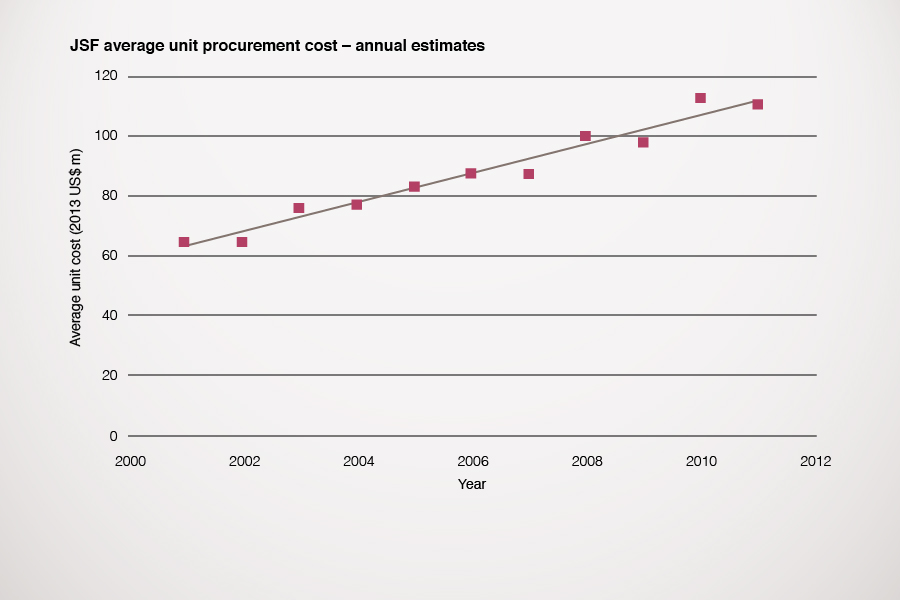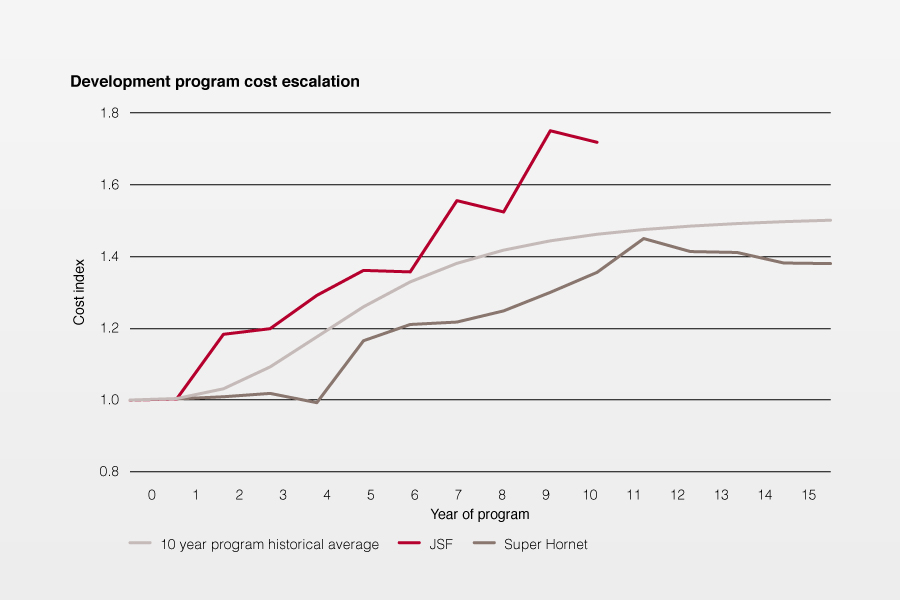What are Defence’s core capabilities?
In the last budget, which saw Defence take a hammering in terms of cuts (the details of which ASPI has covered in numerous documents and posts), little has been said about the sanctity of the ‘core capabilities’ which are said to be safe from current and future razors.
Tracking down the explicit list of core capabilities has proven impossible, for the plain fact that one does not exist. After navigating Defence Media Operations and liaising with the Minister’s office (read: nagging for over a week at frustrated people who know about as much as I do), no such list exists.
Instead, we have to trawl through the 2009 White Paper and extrapolate one from vague statements like ‘the Government must make careful judgements about Australia’s long-term defence needs. Such judgements are even more important in times of fiscal or strategic uncertainty’. Read more


